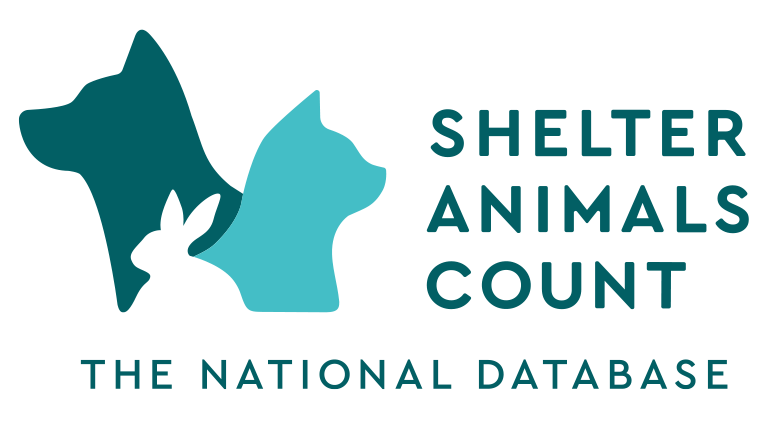Intake & Outcome Database (IOD) SOP
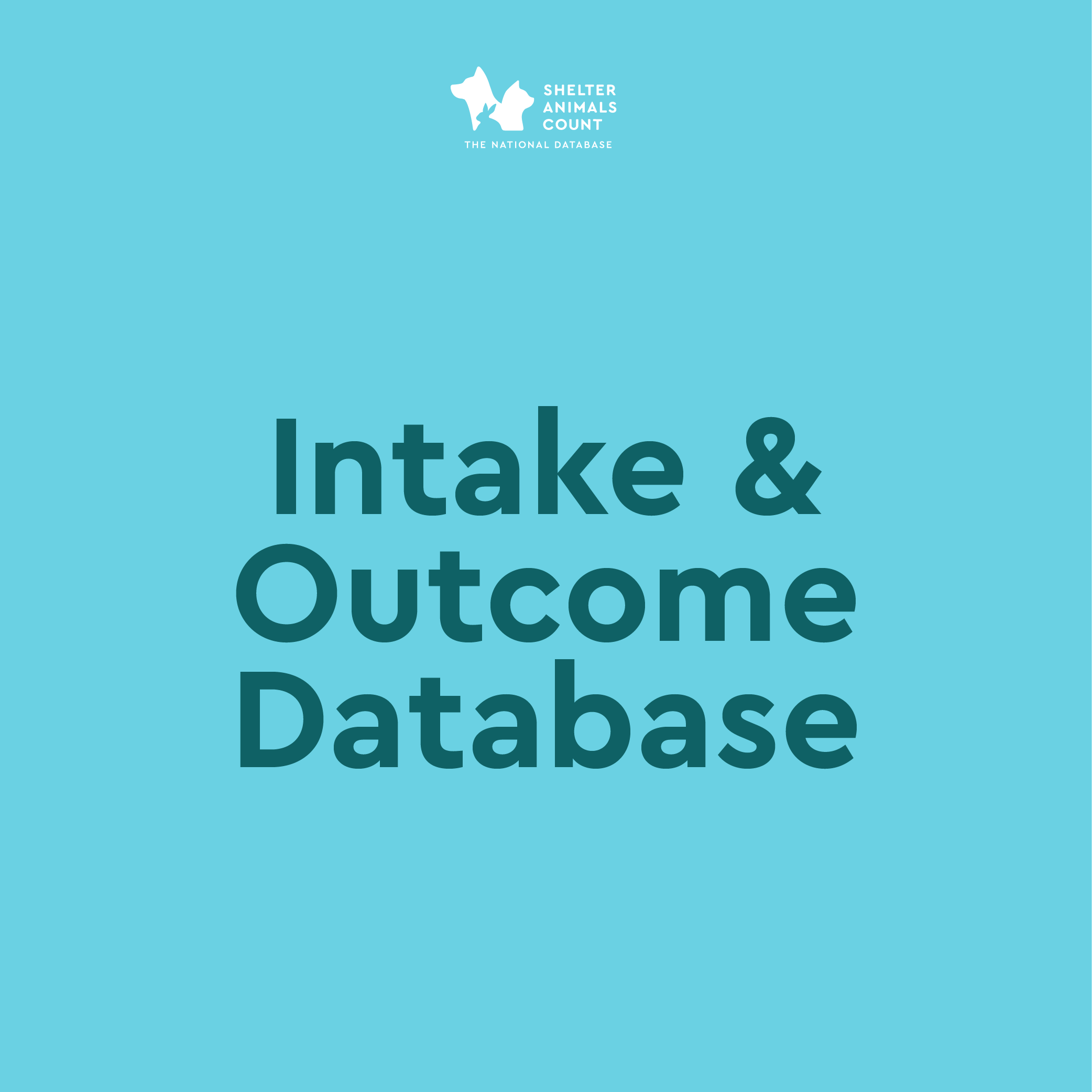
The Intake & Outcome Database™ (IOD), formerly known as the Basic Data Matrix, is a standardized tool for collecting essential animal shelter data. Developed with input from national leaders in animal welfare, the IOD establishes a uniform framework for tracking live animal admissions and outcomes across species—including cats, dogs, rabbits, equines, small mammals, birds, reptiles, amphibians, and farm animals. By organizing data by both species and age, the database provides agencies with a consistent way to evaluate shelter populations and outcomes. Its design supports local, regional, and national data aggregation, enabling benchmarking and improved transparency in animal welfare. Importantly, it makes no assumptions about how data should be analyzed or which outcome metrics should be prioritized. The IOD promotes accurate, comparable data that strengthens the field through shared standards, making it a foundational resource for any organization seeking to contribute to or benefit from industry-wide data initiatives.
Community Services Database (CSD) SOP
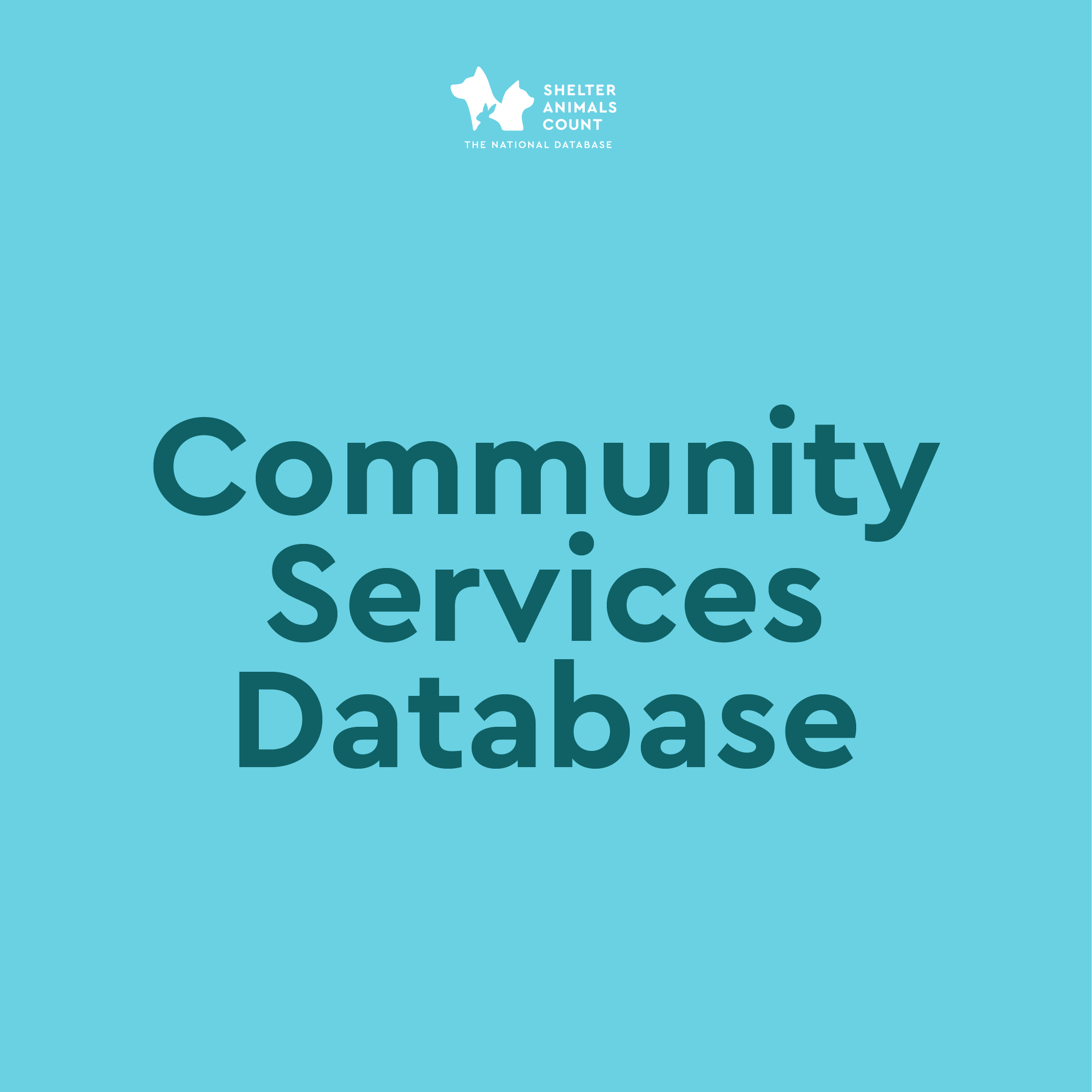
The Community Services Database™ (CSD), formerly called the Community Services Matrix, is a standardized tool designed by Shelter Animals Count to track the essential ways organizations support pets and their people outside of shelter intake. Focused on services that help keep animals in their homes and out of shelters—like TNR, pet food distribution, and subsidized veterinary care—the CSD collects data on the number of animals receiving each type of service monthly. This system is specifically for organizations providing direct or partnered services without taking ownership of the animals, distinguishing it from the Intake & Outcome Database. It mirrors the species categories of the IOD, allowing for consistent data practices across both platforms. The CSD helps document the growing role of animal welfare organizations in delivering community-based support and is a critical resource for illustrating how programs are proactively preventing animal homelessness and providing essential care.
Animal Level Data SOP
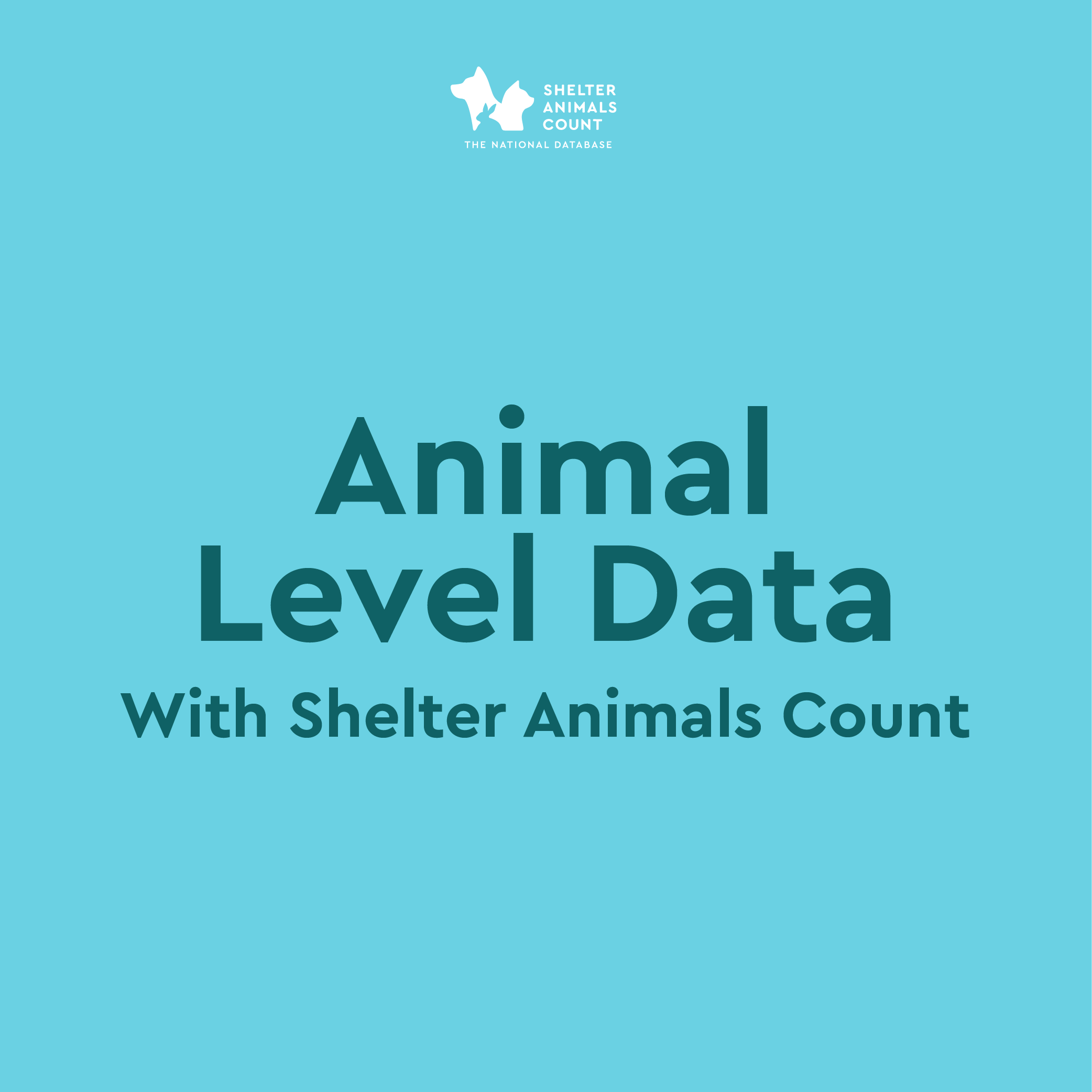
Animal-level data (ALD) provides critical insights into the characteristics and movement of animals in shelters and rescues, helping to shape policies, improve operations, and support positive outcomes for animals nationwide. SAC has developed a comprehensive set of Standard Operating Procedures (SOPs) to assist organizations in implementing best practices for animal-level data collection. These SOPs cover:
+ Data entry protocols for intake and medical records.
+ Guidelines for monitoring and evaluation.
+ Consistency measures to ensure accurate reporting.
These standards were created with insight and recommendations from a committee of shelter and rescue representatives to ensure practical application across diverse organizations.
Data Basics Workbook
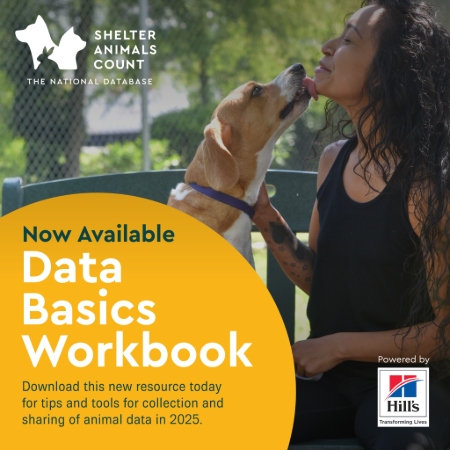
The Data Basics Workbook, powered by Hill’s Pet Nutrition, is your step-by-step guide to mastering data collection and standardization in animal welfare. From key terminology to actionable strategies, this first-of-its-kind resource empowers you to turn numbers into meaningful insights for your organization and the industry. This first-of-its-kind resource is your guide to standardizing your data practices, unlocking insights to improve your impact, and mastering key animal welfare terms. You’ll also learn about resources available to you, as a reporting organization to Shelter Animals Count, that you can use to understand and report your data. Whether you’re new to data collection or looking to refine your approach, this workbook provides the tools to elevate your organization’s impact and contribute to the larger story of animal welfare across the country.
